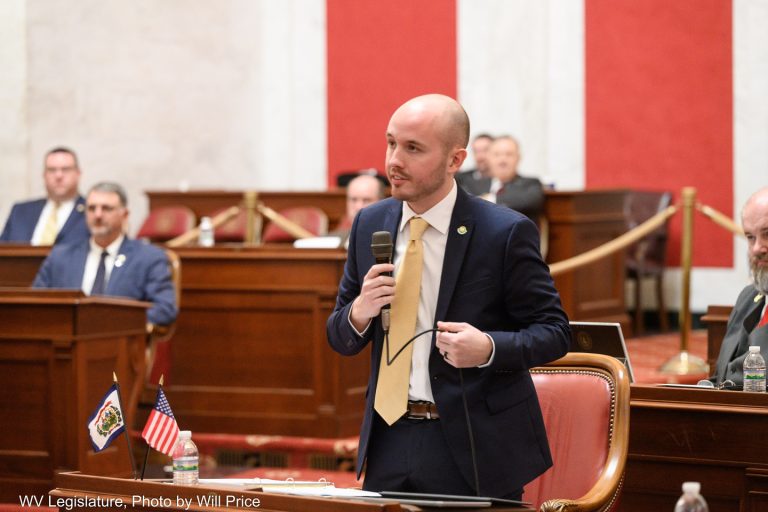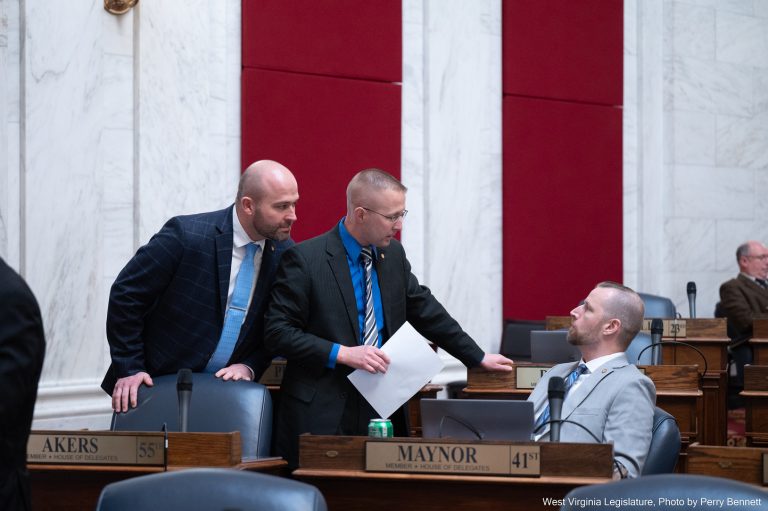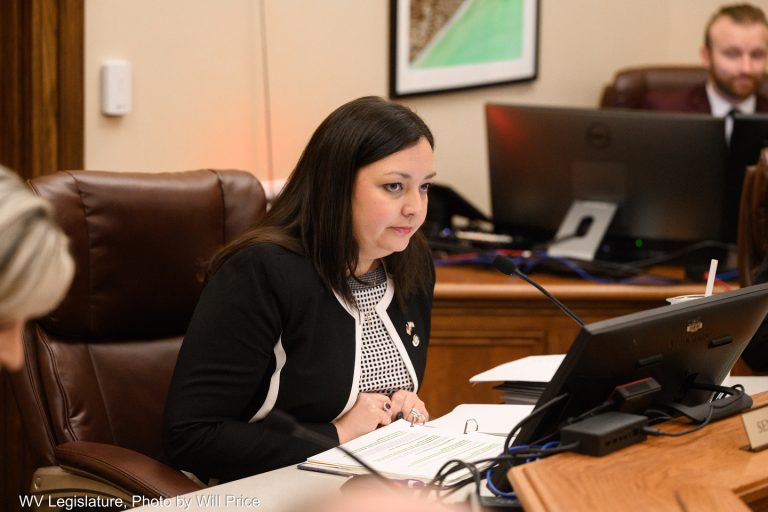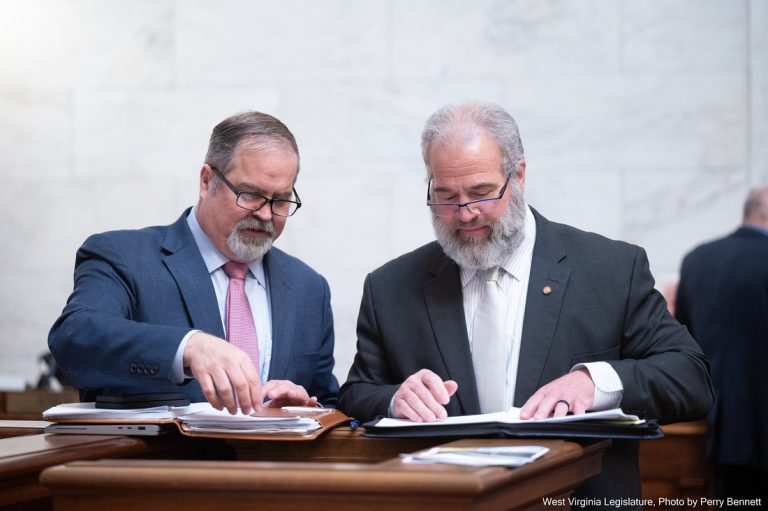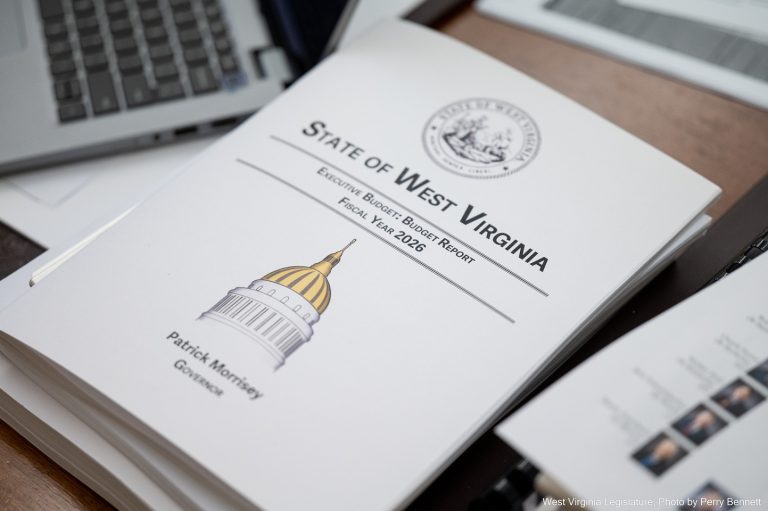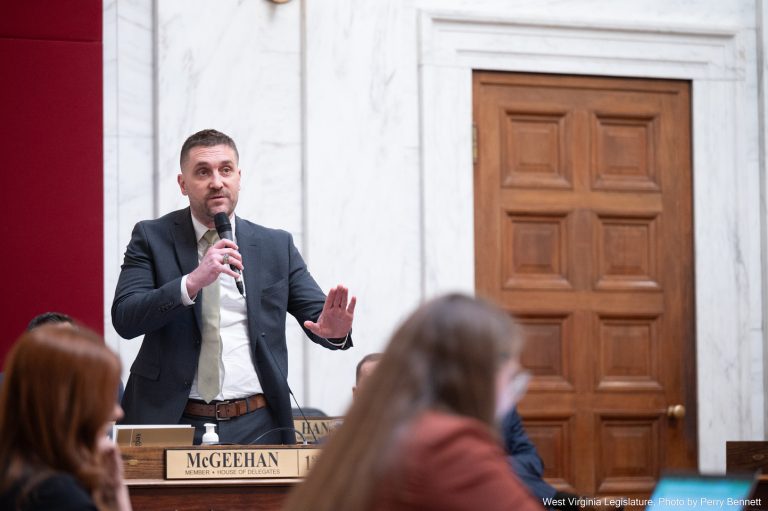After several hours of debate spanning two meetings on Thursday, the Senate Health and Human Resources committee advanced Senate Bill 460, which would allow religious exemptions to the state’s school vaccination requirements.
The bill as it heads to the full Senate, allows the parent or guardian to present a written statement to the administrator of the child’s school or operator of a state-regulated child care center explaining that the mandatory vaccination requirements cannot be met because they conflict with the religious or philosophical beliefs of the parent, legal guardian, or emancipated child.
Children who are exempt from immunizations could not be prohibited from participating in extracurricular activities or attending school events. The bill, as approved by the committee, allows a parent or guardian to file civil suits against schools that engage in discrimination against a child due to their immunization status.
The legislation would update medical exemptions to immunizations, permitting a child to be exempt when a physician, physician assistant, or nurse practitioner provides a written statement to the school administrator or child care center stating that the specific immunizations could be detrimental to the child’s health or inappropriate. It also exempts students attending statewide or county-based virtual schools from immunizations.
Three doctors told the committee that these exceptions would open up the possibility of significant spread of disease.
Dr. Matthew Thomas, pediatric infectious disease specialist at WVU Children’s Hospital, spoke against the bill. He voiced concern about what a disease outbreak would mean for state residents in rural areas without good healthcare access. Thomas said vaccinations have been extremely effective at protecting the public against the worst effects of infectious disease.
Proponents of the bill emphasized to the committee the importance of parental choice and religious freedom. They argued that forced vaccination is a violation of individual rights.
John and Hallie Davis, father and daughter, spoke to the committee in support of the bill. Hallie, 20, and her father, described their legal ordeal seeking vaccine exemptions because of concerns over medical effects. She previously had an averse reaction to a vaccine.
The bill now heads to the full Senate for consideration.


